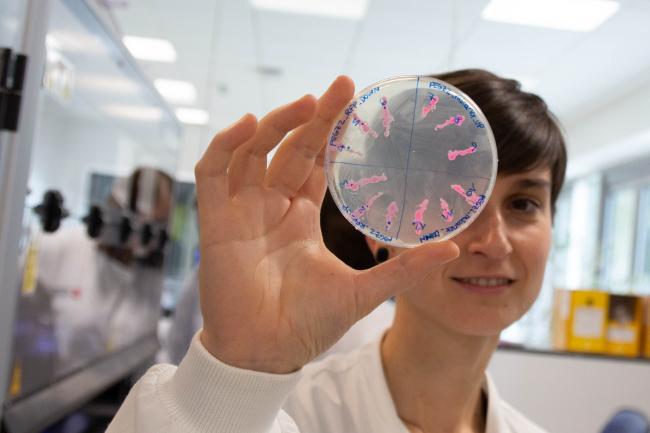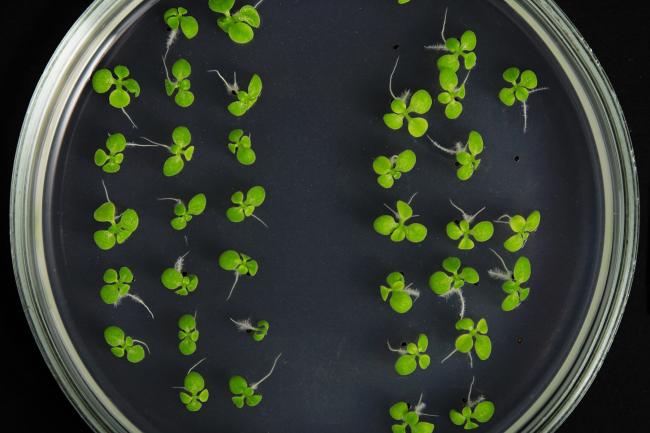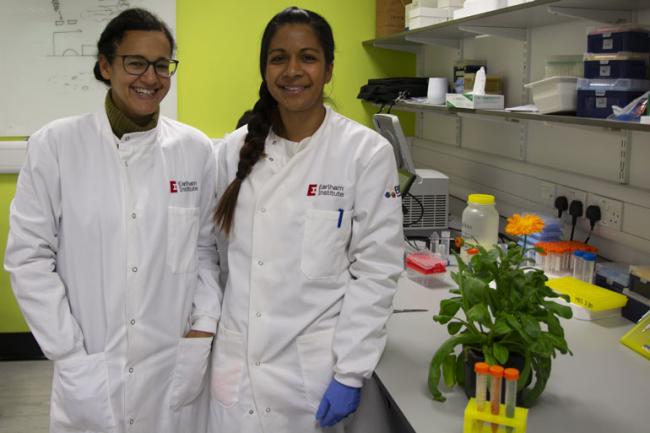
The money will support six new ‘Engineering Biology Mission Hubs’ and 22 ‘Mission Award’ projects across the country - two of which involve Earlham Institute scientists - that will look to build on Engineering Biology’s enormous potential to address global challenges, drive economic growth, and increase national resilience.
Engineering Biology is one of five technologies deemed critical to the Government’s mission to make the UK a science superpower. The other technologies are AI, quantum, future telecoms, and semiconductors.
Dr Nicola Patron, group leader at the Earlham Institute, will be leading one of the Mission Awards and supporting another led by the neighbouring John Innes Centre.
The Science and Technology Secretary Michelle Donelan said: “Long term growth is the only way we will deliver the public services and improvements in living standards that every Briton wants for themselves and their families.
“But, as history shows, it is technological and scientific advances that are the true engine room of growth, and despite our existing strengths in these sectors, we cannot afford to pat ourselves on our back and take our eye off the ball.
“Cementing the UK as a Science and Technology superpower by 2030 is more than a slogan. It is a goal we must reach if we want to grow our economy, continue creating well-paid jobs and build a better, healthier, more prosperous future for the UK.”
In response to the funding announcement, Dr Patron said: “Engineers use prototyping and modelling to predict the impact of changes and how to improve their designs. In our lab, we apply those same principles to biology.
“This funding will support the use of engineering biology to identify how we can use targeted genetic technologies to enhance plants in two ways; by accelerating the development of resistance to fungal diseases and to use plants as factories for valuable molecules.
“Plant-infecting fungi can be devastating to crops, which impacts on food security. Rather than the slow, 'trial and error' approaches we've traditionally relied on, engineering biology approaches have the potential to identify how we can develop resistant plants without affecting other important traits, such as yield.
“Many plants produce an array of useful molecules, though often at low levels. We'll be using the latest techniques to adapt and refine the existing machinery so they can make more. This could usher in an era of glasshouses containing solar-powered factories for medicines and other useful natural products - many of which are environmentally unsustainable or expensive to build through chemical processes.”





